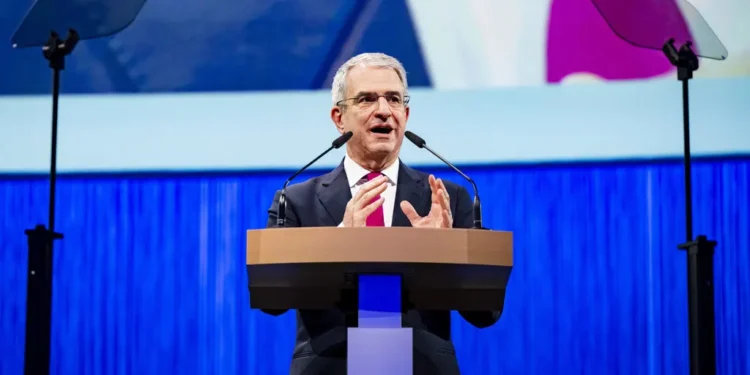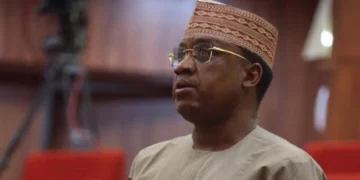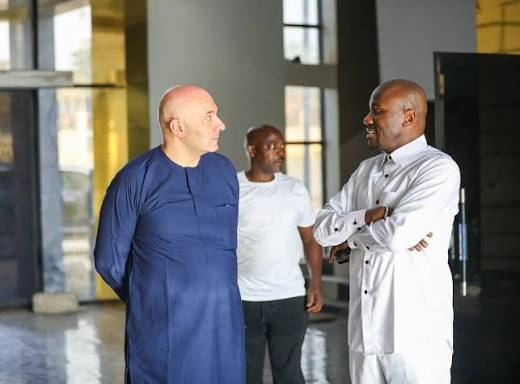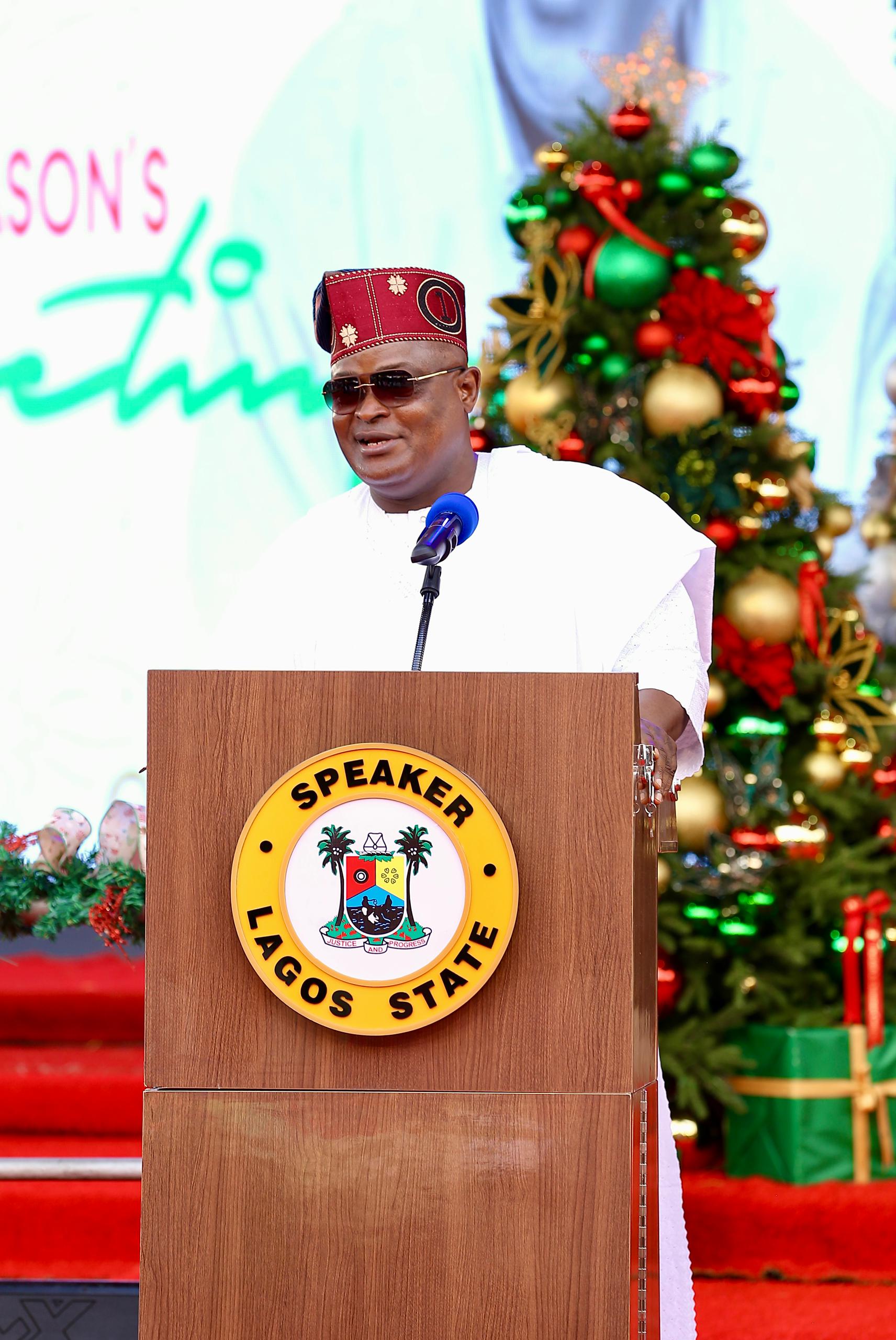Nestle CEO dismissed after investigation into undisclosed relationship; Nespresso boss Philipp Navratil appointed as new chief executive
Nestle CEO dismissed Swiss food giant Nestle has fired Laurent Freixe as chief executive with immediate effect following an internal investigation into an undisclosed romantic relationship with a direct subordinate, which breached the company’s code of business conduct.
Also read: Nestlé Nigeria launches national water advocacy with FG support
In a swift leadership shake-up, Nespresso CEO Philipp Navratil was appointed as Freixe’s successor, effective immediately.
Nestle chairman Paul Bulcke explained, “This was a necessary decision. Nestle’s values and governance are strong foundations of our company. I thank Laurent for his years of service.”
The investigation was overseen by Bulcke, lead independent director Pablo Isla, and outside counsel.
Freixe, a company veteran who joined in 1986, had led European operations through the financial crises of 2008 and later headed the Latin America division before becoming CEO in September 2024.
His tenure was marked by the challenge of reviving consumer spending amid rising input costs and a sharp share price decline of nearly 25% last year.
Despite the leadership turmoil, Nestle shares closed slightly higher on Monday, up 0.13 percent at 75.49 Swiss francs.
Incoming CEO Navratil, who joined Nestle in 2001, has held senior roles in Central America, Mexico, and most recently as global head of Nescafe and Starbucks strategy before becoming Nespresso CEO in July 2024.
He joined the company board in January 2025.
Pledging continuity, Navratil stated, “I fully embrace the company’s strategic direction, as well as the action plan in place to drive Nestle’s performance. I will drive the value creation plan with intensity.”
Also read: Nestlé Nigeria commits to environmental sustainability
With the transition, Nestle seeks to reassure shareholders and stakeholders that its long-term growth plans and efficiency measures remain intact, even as it faces sluggish consumer demand in China and higher raw material costs.
























